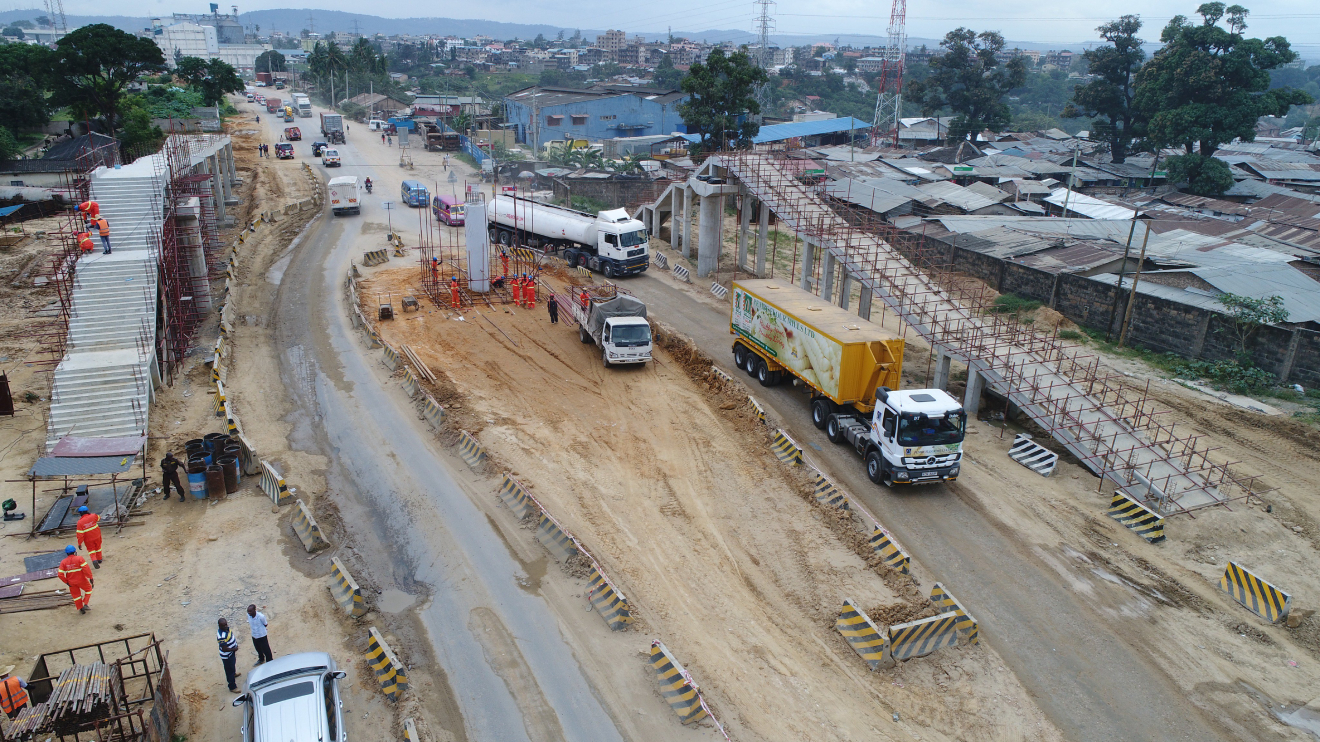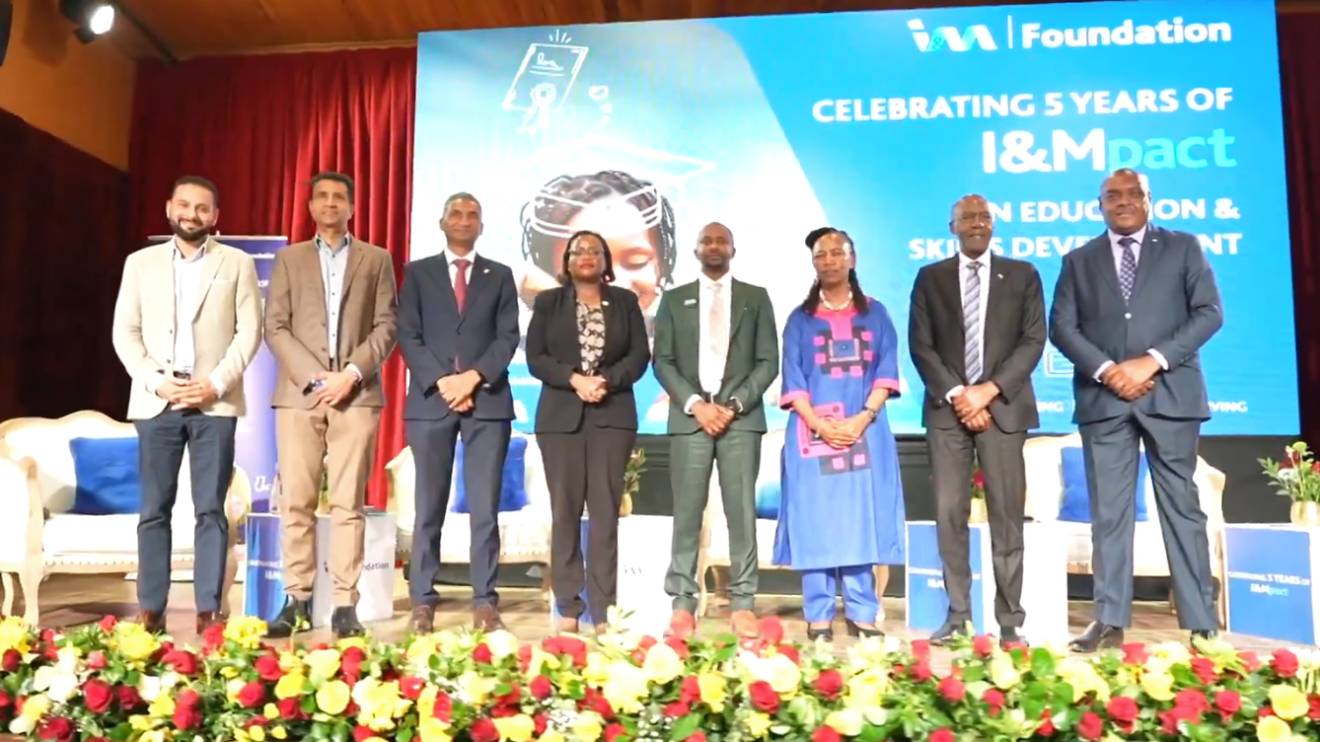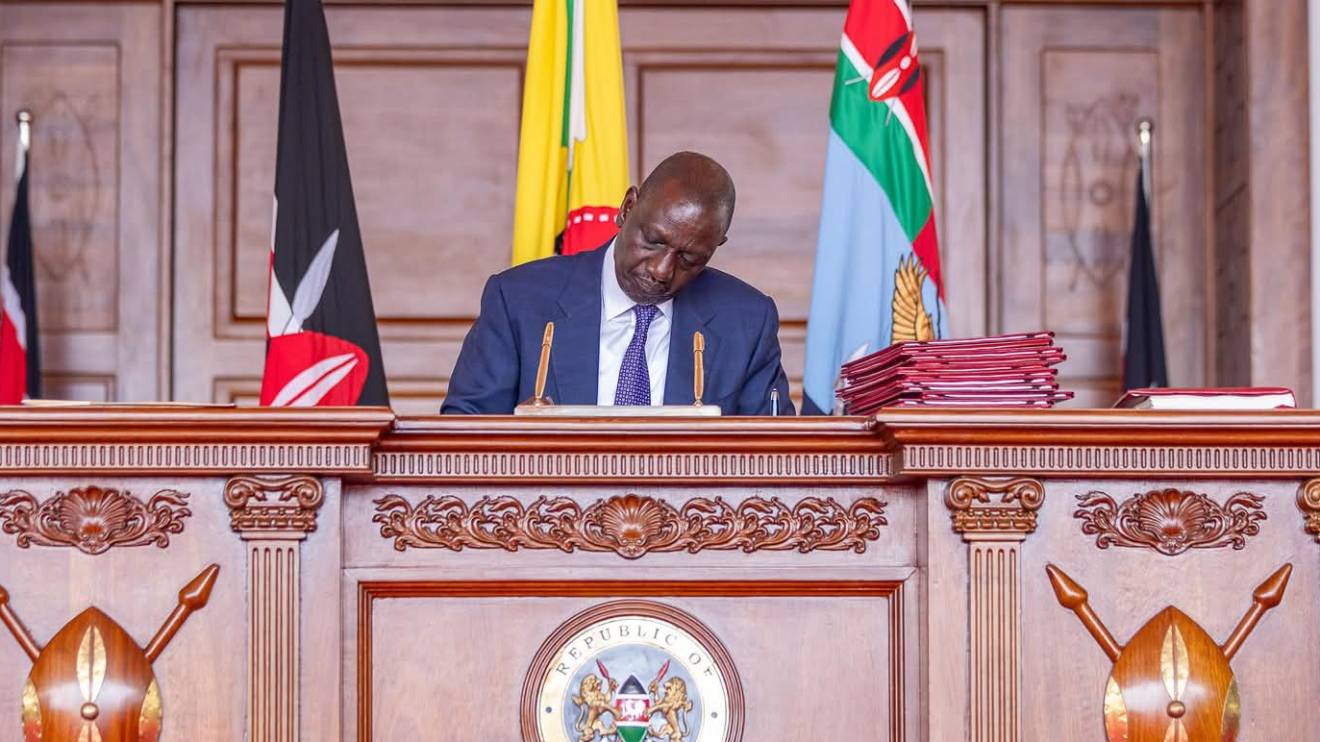In the wake of widespread flooding plaguing numerous urban areas, the Council of Governors (CoG) has issued a fervent call for the establishment of a dedicated fund aimed at financing critical infrastructure projects across cities and towns throughout the nation.
Chair of CoG, Anne Waiguru, underscored the imperative nature of this initiative, emphasizing that resources from the exchequer will be channelled towards the development of pivotal infrastructure such as roads, stormwater drains, sewer lines, non-motorized transport systems, fire stations, recreational facilities, and markets.
The urgency stems from the rapid urbanization sweeping through cities and towns, necessitating a substantial expansion of infrastructure and services to confront challenges posed by climate change-induced floods.
Waiguru articulated the dire situation faced by urban residents, attributing their vulnerability to climate change to inadequate planning, housing, and a dearth of resilient infrastructure capable of withstanding environmental shocks.
During the unveiling of the second Kenya Urban Support Program (KUSP II) at State House, Nairobi, Governor Waiguru highlighted the global dimensions of rapid urbanization, particularly acute in emerging economies like Kenya.
Read More
She stressed the necessity for a distinct financing model tailored to address the developmental needs of urban infrastructure and services.
"I consider this program a major milestone in our drive to build resilient cities and urban areas with enhanced quality of life for current and future generations," asserted Waiguru.
Waiguru pointed to the Affordable Housing Program and the Kenya Urban Support Program as instrumental in mitigating challenges confronting urban residents.
She expressed confidence in the collaborative efforts of development partners and the private sector to overcome climate change-induced adversities such as flooding, exacerbated by the absence of adequate drainage systems and infrastructure.
Highlighting the achievements of the program's initial phase, Waiguru noted substantial investments in urban infrastructure and services, benefiting 59 municipalities across 45 counties.
These investments yielded tangible outcomes, including the enhancement of 202 km of roads, 171 km of non-motorized transport networks, 192 km of stormwater drains, 31 km of sewer lines, and the establishment of essential facilities like fire stations, recreational areas, and retail markets.
These initiatives not only benefited over 20,000 traders but also generated more than 200,000 employment opportunities.
Furthermore, Waiguru disclosed the expansion of chartered municipalities from 59 to 107, with Nakuru Municipality attaining city status and ongoing processes for Eldoret and Thika Municipalities.
Waiguru extended commendation to the Ministry of Lands, Public Works, Housing, and Urban Development for fostering collaboration between county and national governments in designing the program.
"County Governments and their urban institutions are committed to full implementation of the program. This will be guided by the numerous lessons learnt in KUSP I," affirmed Waiguru, underscoring the collective resolve to realize resilient and sustainable urban development nationwide.

-1715153139.jpg)




-1756319289.jpg)



